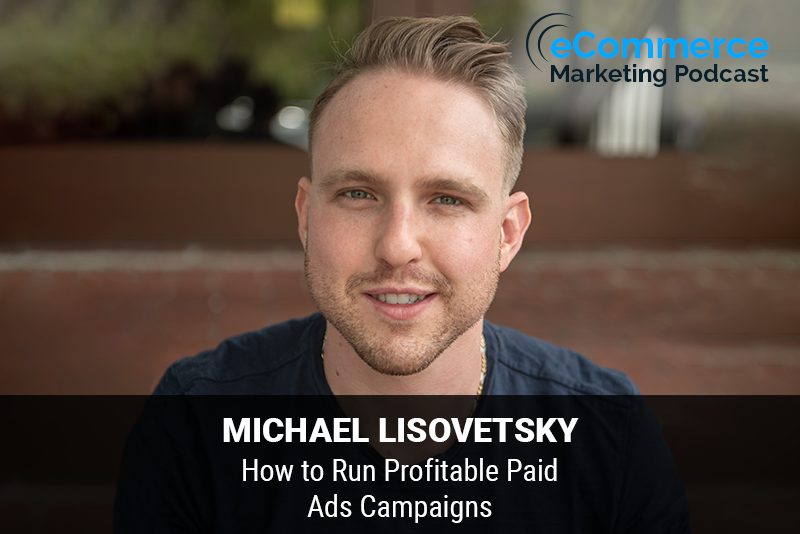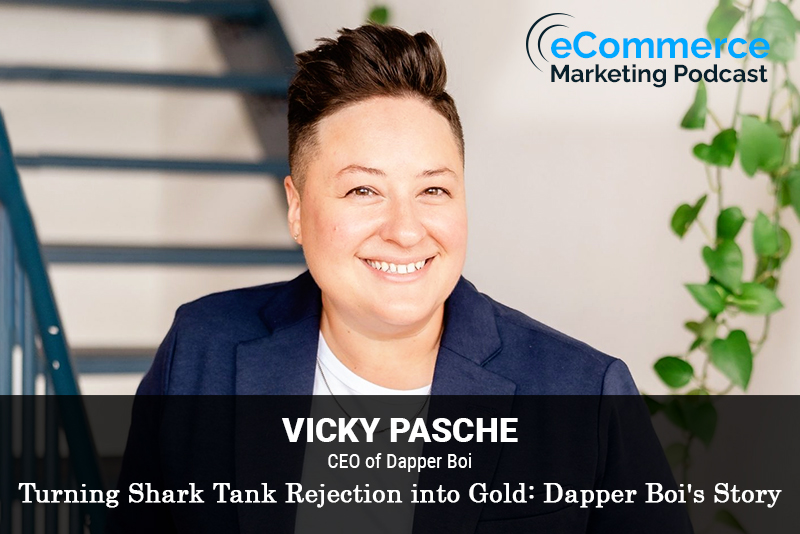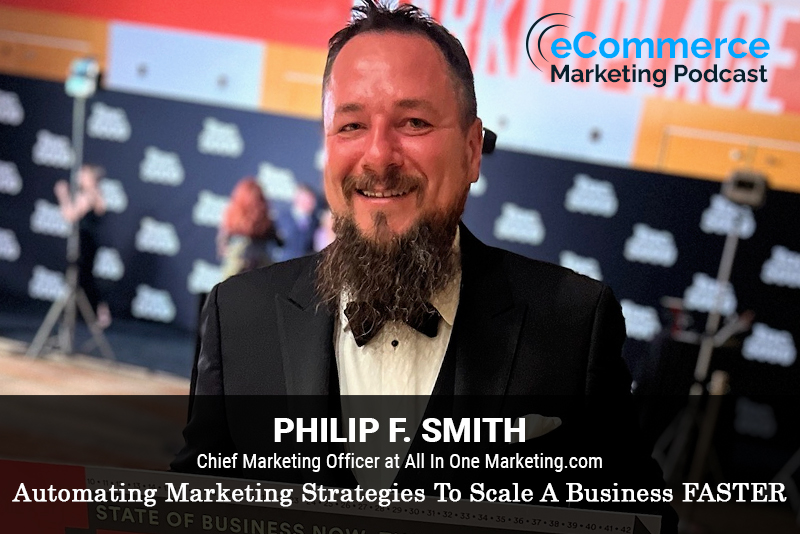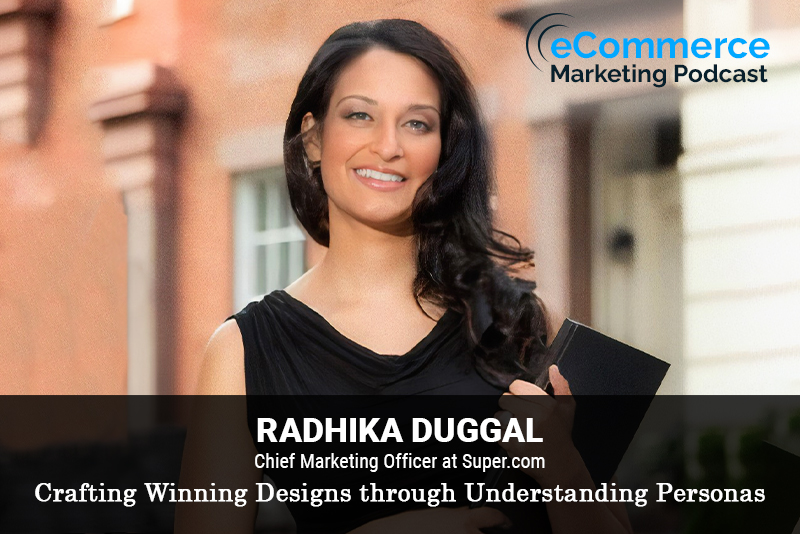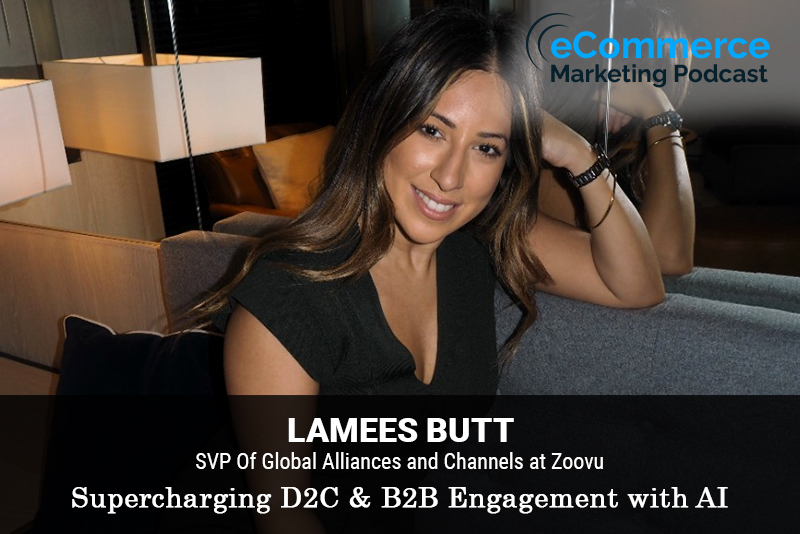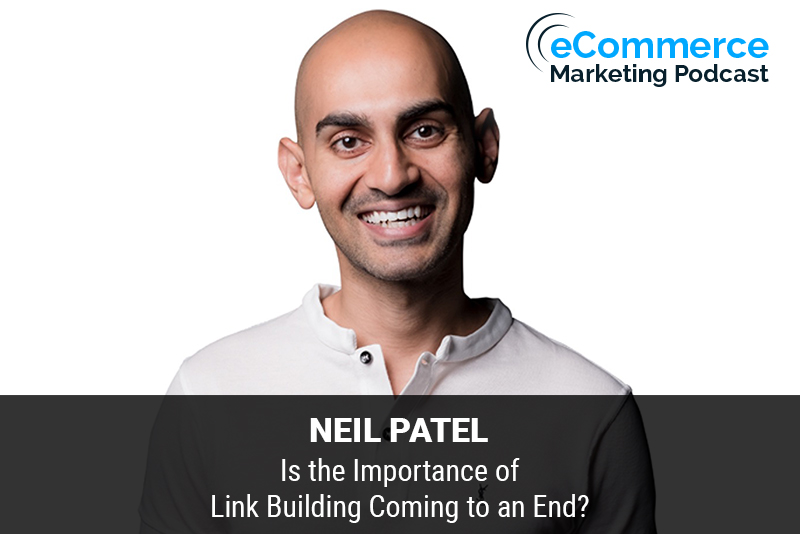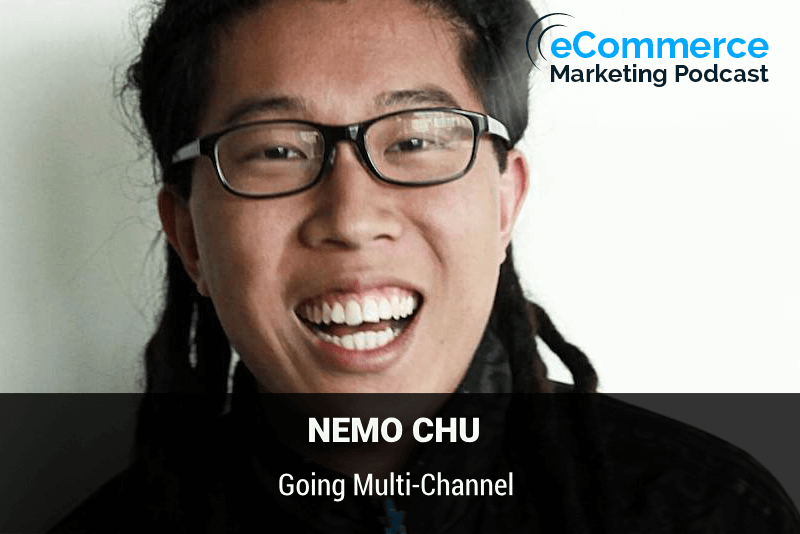
The eCommerce Marketing Podcast walks you through everything that goes into ecommerce marketing — from inbound marketing to paid advertising to conversions. Learn the strategies top marketing experts use to grow their businesses.
Today’s guest is Michael Lisovetsky who is the co-founder of JUICE, an integrated digital marketing agency. Lisovetsky started his first company at the age of 14, and has since founded, advised, and sold various businesses. He applies that first-hand experience to his work at JUICE, helping to build and grow brands through efficient campaigns that drive results.
Prior to founding JUICE, Lisovetsky was the Director of Growth at Common, the leading co-living company, and former founder of Skylight, a Tinder for apartments. He raised $500k in funding for Skylight from Tim Draper (investor in SpaceX, Tesla, Hotmail), Marc Benioff (Founder & CEO, Salesforce), and Great Oaks VC. Skylight was acquired by Common in 2017. Lisovetsky also holds a BS in finance from NYU Stern and is one of the general partners of Magic Fund, a VC firm dedicated to founders backing founders.
In this episode, you will learn
- How an ecommerce brand knows what paid campaigns are right for them and what social media platforms to target
- The do’s and don’ts when it comes to creating profitable Paid Ad campaigns
- The tools and resources that can help an ecommerce business successfully manage their paid ads
- Examples of businesses that you are familiar with that have successfully set up and managed revenue generating paid ad campaigns
For show transcript and past guests, please visit https://www.ecommercemarketingpodcast.com
Or on YouTube at:
https://www.youtube.com/channel/UC3PgT0NOGzpdPGQtBK0XLIQ
Follow Arlen:
Twitter: https://twitter.com/askarlen
Facebook: https://www.facebook.com/arlen.robinson.7
Instagram: https://www.instagram.com/arlenyohance/
LinkedIn: https://www.linkedin.com/in/arlenrobinson/
Past guests on the ecommerce marketing podcast include Neil Patel, Nemo Chu, Luke Lintz, Luke Carthy, Amber Armstrong, Kris Ruby and many more.
Thanks for listening. Be sure to subscribe and leave a review.

In this episode of the eCommerce Marketing Podcast, host Arlen Robinson chats with Michael Lisovetsky, co-founder of JUICE, an integrated digital marketing agency. Michael shares his extensive experience in digital marketing and offers insights on how e-commerce businesses can effectively manage paid advertising campaigns across various platforms.
Key Takeaways:
- Introduction to Michael Lisovetsky and JUICE (00:00:57)
- Overview of Michael’s background, including founding JUICE, and his prior ventures like Skylight and his role at Common.
- Starting Early in Entrepreneurship (00:02:06)
- Michael started his first company, a web hosting service, at age 14, which spurred his entrepreneurial journey.
- The Genesis of JUICE (00:04:24)
- Michael and his co-founder Troy started JUICE to address common frustrations with marketing agencies, aiming to deliver better results for clients.
- Determining the Right Paid Ad Campaigns (00:07:42)
- Importance of understanding customer intent and choosing the appropriate platform (e.g., Google for high intent searches, Facebook for broader targeting).
- Strategies for Startup E-commerce Brands (00:10:06)
- For new brands without a customer base, starting with organic reach or small targeted campaigns can help gather initial data and feedback.
- Dos and Don’ts for Profitable Paid Ad Campaigns (00:13:36)
- Do: Use specific and compelling messaging, prefer videos over static images, and set the correct conversion events.
- Don’t: Be too broad in targeting and messaging.
- Tools for Managing Paid Ads (00:18:54)
- Michael mentions using platform-native tools and Google Data Studio for custom reporting. Tools like AdEspresso, Wicked Reports, and Copy.ai can also be useful.
- Examples of Successful Campaigns (00:22:26)
- A case study where implementing a small change, such as requiring a deposit for appointments, significantly improved campaign success.
Bullet Points of Key Takeaways with Timestamps:
- [00:00:57] Introduction to Michael Lisovetsky and JUICE.
- [00:02:06] Michael’s early start in entrepreneurship.
- [00:04:24] The motivation behind starting JUICE.
- [00:07:42] Determining the right paid ad campaigns.
- [00:10:06] Strategies for startup e-commerce brands.
- [00:13:36] Dos and Don’ts for profitable paid ad campaigns.
- [00:18:54] Tools for managing paid ads.
- [00:22:26] Examples of successful campaigns and key learnings.
Guest Information:
Michael Lisovetsky
- Co-founder of JUICE
- Website: Think JUICE
- Email: [email protected]
- Twitter: @LIO
- Instagram: @Mike.Lisovetsky

